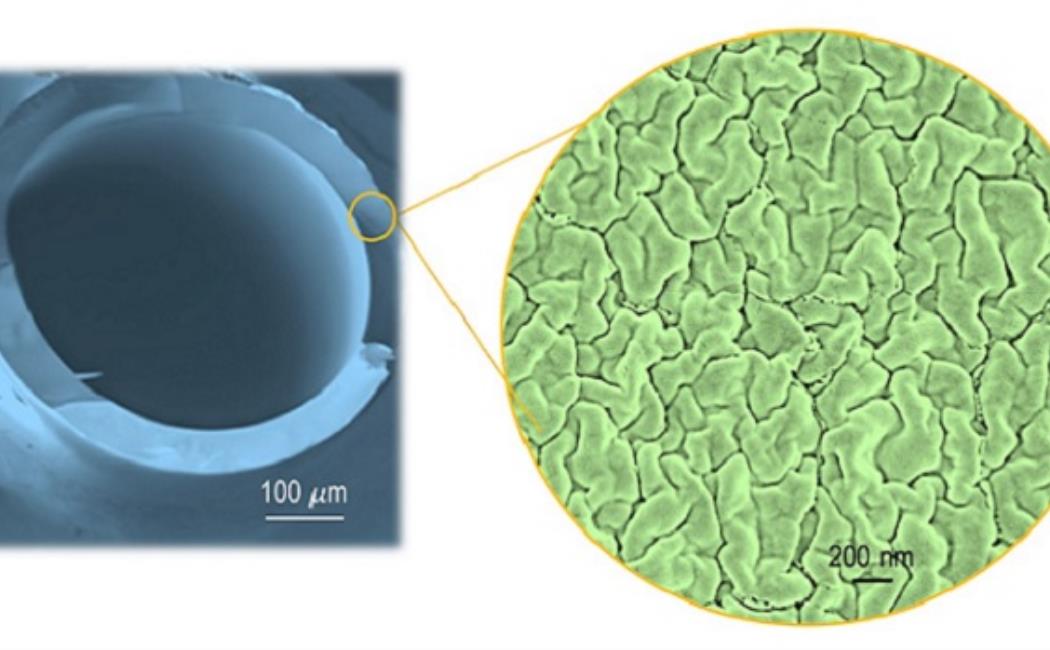
Cleaning up with cellulose
10 March, 2019
Selectively permeable membranes made from renewable plant-based materials could significantly improve the environmental credentials of the chemical industry. A KAUST team has tested the viability of cellulose membranes to show they can effectively clean wastewater.
Using polymer membranes to separate mixtures is common in desalination, where seawater passed through membranes becomes potable because the membrane blocks the salt. Similar membranes are being adopted by the chemical industry as a green method for purifying products or cleaning up waste. However, the membranes are typically made by dissolving polymers in toxic, volatile organic solvents.
Click here to read the full story
Image: The team created well-formed cellulose hollow-fiber membranes for separating oil-in-water mixtures.© 2018 KAUST